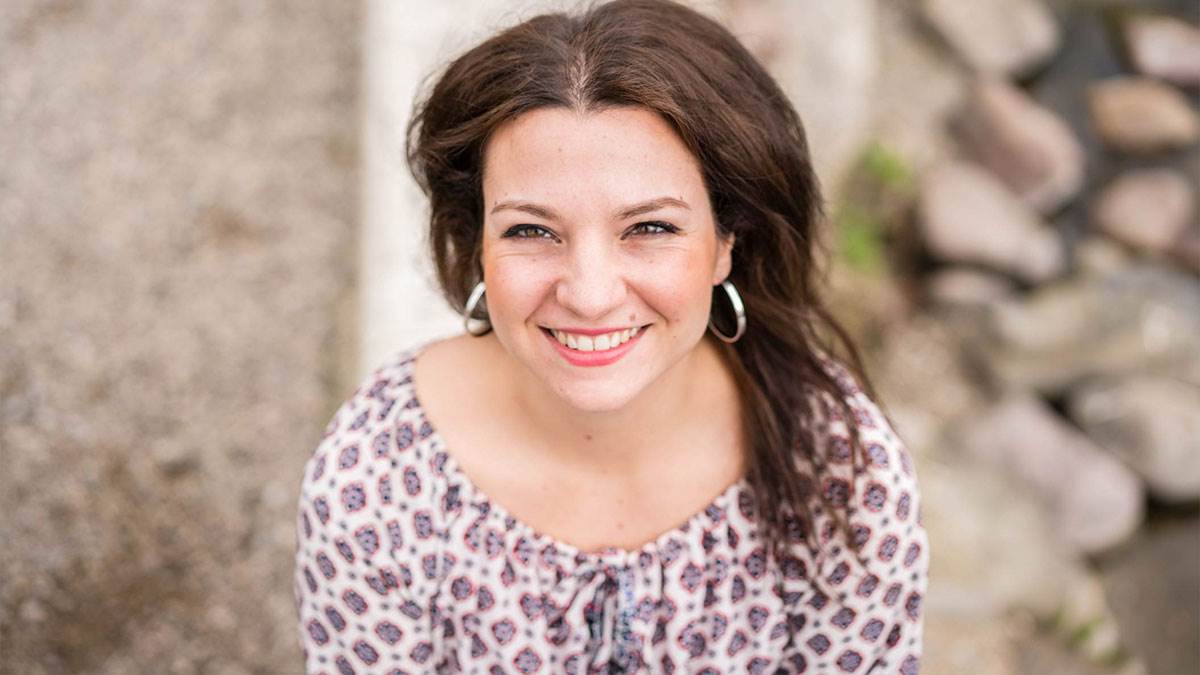Accepting the loss of your vision: an author's tender tale of resilience
Published on: 10 Hydref 2018 Author: Alex Strick
On World Sight Day, Paola Peretti tells Alex Strick about the inspiration behind The Distance Between Me and the Cherry Tree: a story about a girl losing her sight, which is close to the author's heart.

The book’s narrator has Stargardt Disease – can you tell us a bit about this condition?
Stargardt Disease is a macular degeneration of the eye that causes a gradual loss of sight, including loss of the ability to read clearly or distinguish the features of people from a certain distance. There is no cure for it, at the moment.
What made you decide to write the book?
It was both a time of crisis and also a deep passion that made me decide to write the book.
The crisis was the moment I realised I needed to accept – or not – my own condition (so, losing my own sight). The passion was my love for books, and for reading, that also helped me so much in the acceptance process.
For those who haven’t (yet!) read the book, can you explain the title?
Mafalda is a nine year old girl who finds out she will be blind in a few months. So she starts a list of things that she will not be able to do, once she can no longer see. As she considers her situation more, she decides that she will go to live in her favourite tree, a cherry tree near her school, and she starts making plans to do exactly that...
What was the most important message you wanted to share from your own experience?
I'd like the book to share a message of encouragement to anybody who is in trouble, whether because of illness or any other problem.
Resilience is something that I'm very interested in when I'm thinking about my characters' evolution.
The book has been – very beautifully – translated into English by Denise Muir. How was the translation experience?
The translation process had to be very detailed and specific. This was vital in order to share the story as well as possible. I have no doubt it will have been quite hard for Denise, because every language has its own particular figures of speech, and its own way of saying everything. At the end, when I read the finished product (just in one night), I was surprised and delighted by the result!
The book also acknowledges mental health difficulties. To what extent is this something that is important to you?
Mental health is something very hard to achieve, in life. I think it's important to talk about it, so that people can acknowledge each other in uncomfortable situations and not judge, not marginalise. Anything you don't talk about just becomes a bigger problem.
This was your first children’s book. Any clues as to what we might see next or what are you working on now?
Now I'm working on a Roma boy's story. I hope it will also be a novel that could be read by young people and adults.
Topics: Bookmark, Visual impairment, Interview, Features






Add a comment